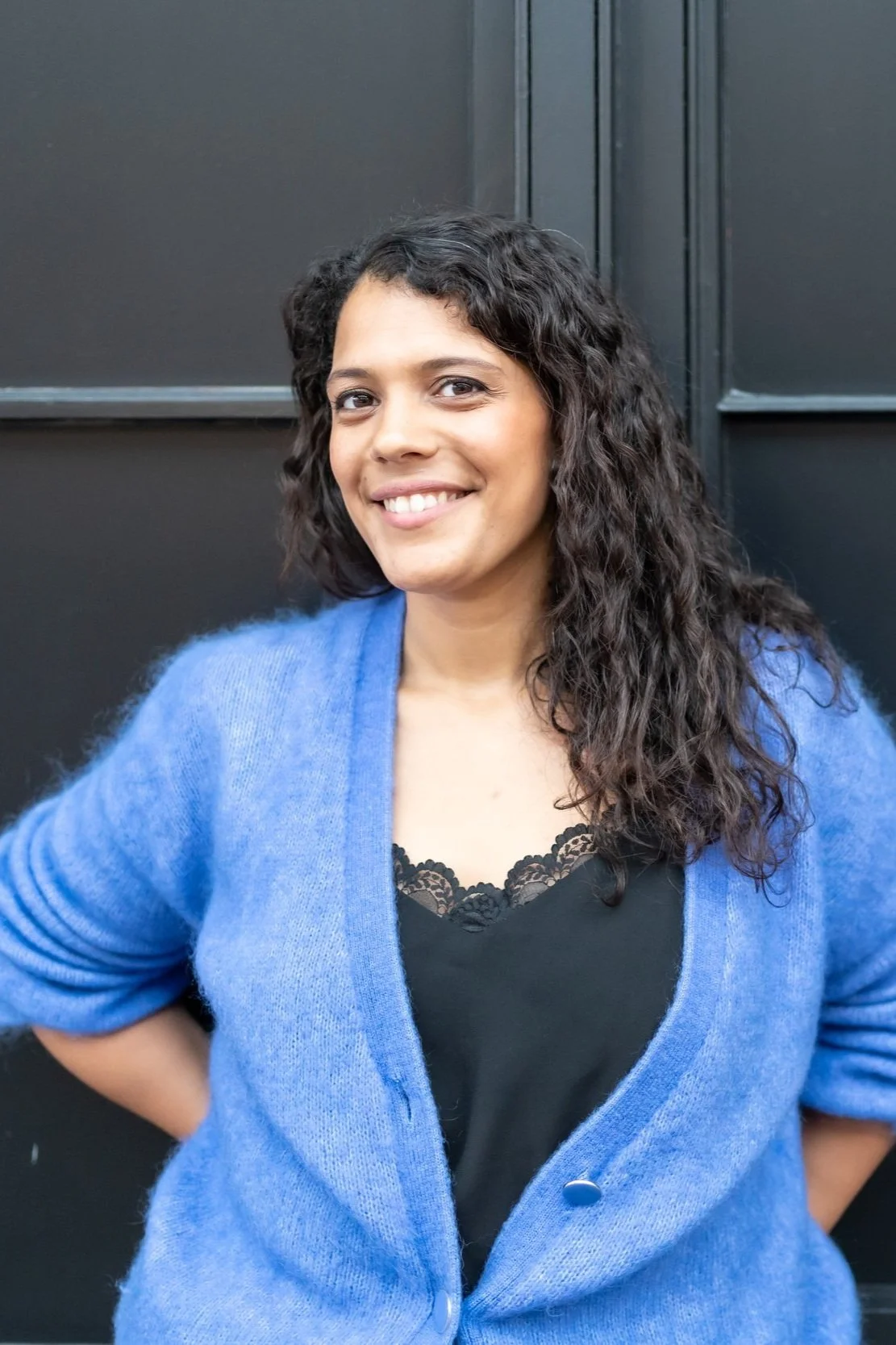
My Story
I’ve always been drawn towards solving complex social challenges. From studying Ethics at the Sorbonne (Paris IV) to Social Innovation at the London School of Economics (LSE) and working on impact projects across Europe and Asia, I’ve spent the last decade understanding how real change works and what models support it.
Over time, I realised that doing good isn’t an idealist trade-off: it’s a competitive advantage. Companies that care about people and the planet outperform in the long run: they attract talent, adapt to change, and keep innovating.
In 2018, I co-founded ila Generation, a startup creating safer work environments through training. With ila, I’ve learned what it really takes to build impact-driven ventures. For me this included:
Pivoting during a pandemic
Building a MVP
Validating assumptions
Not validating assumptions and having to iterate
Raising pre-seed
Working with a tight budget for big projects
Making good and bad hires
Managing global teams
Partnering with key stakeholders
Being the product head for our award-winning tech product: ALLY the app turning local venues into safe spaces
Trying to stay sane in the midst of it all
Hi, I’m Julie
and I believe impact is part of (great) business!
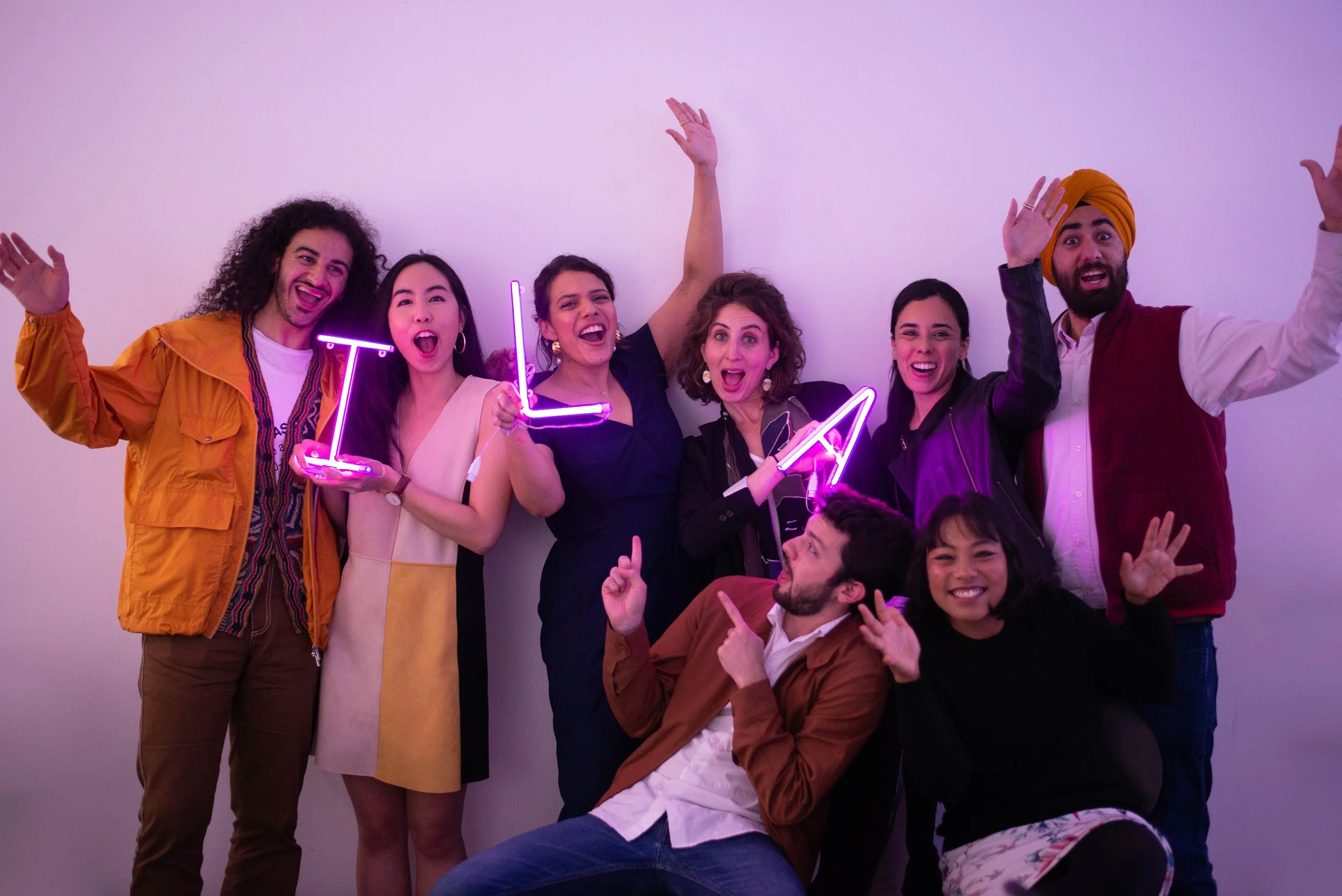
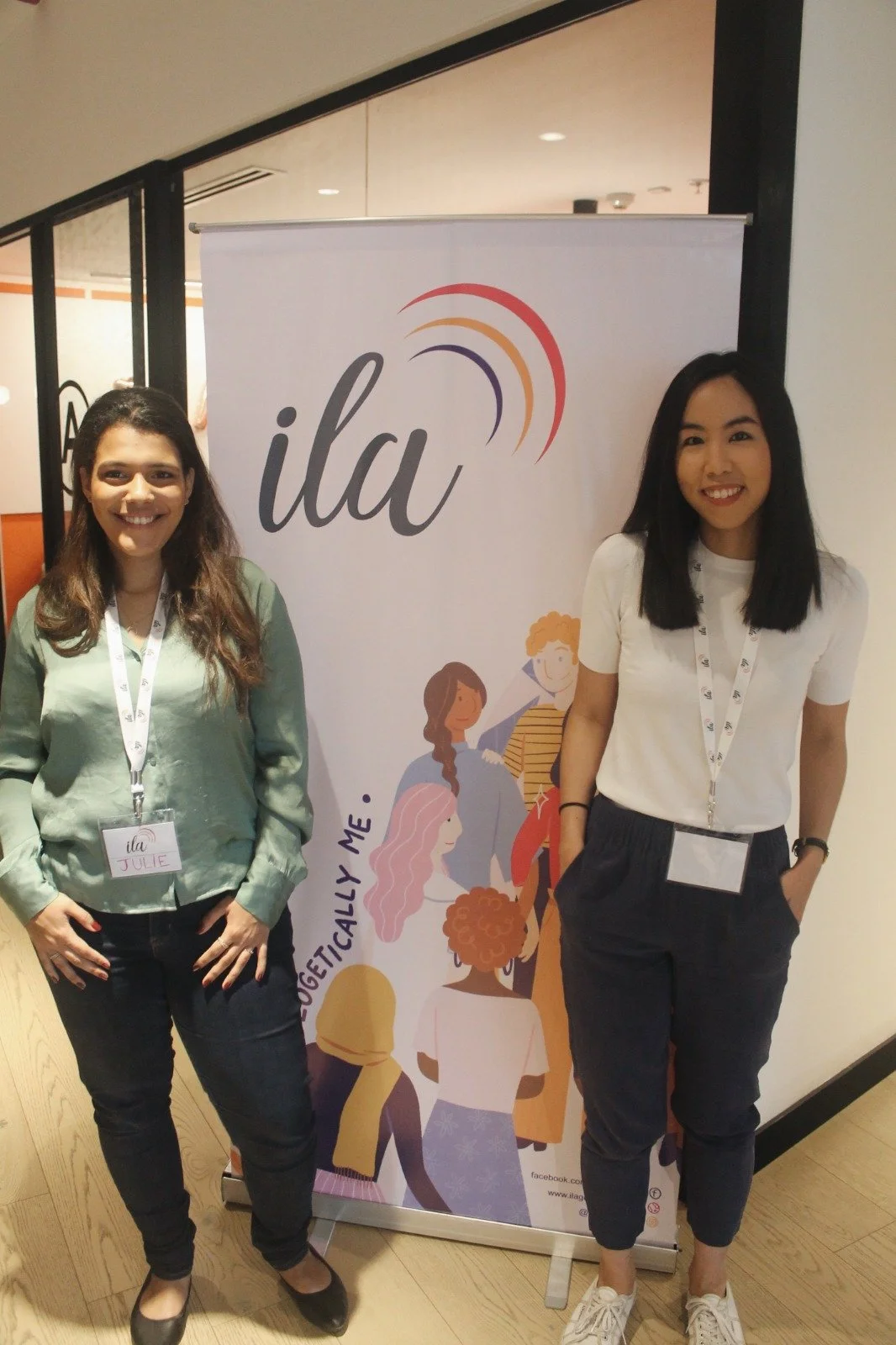

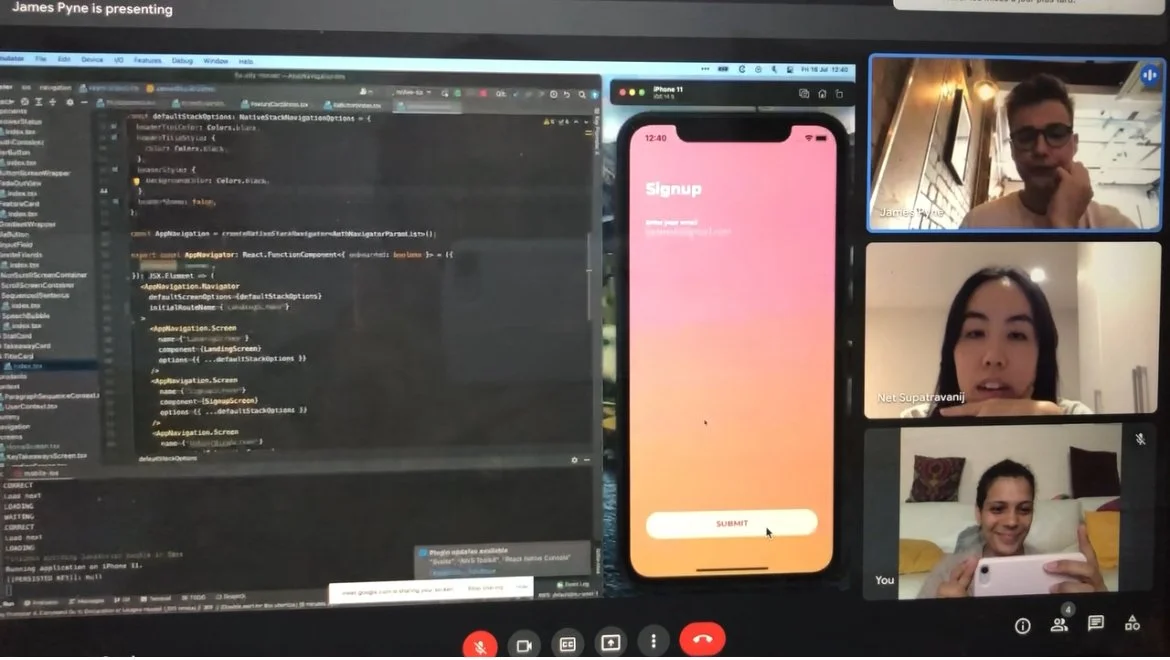

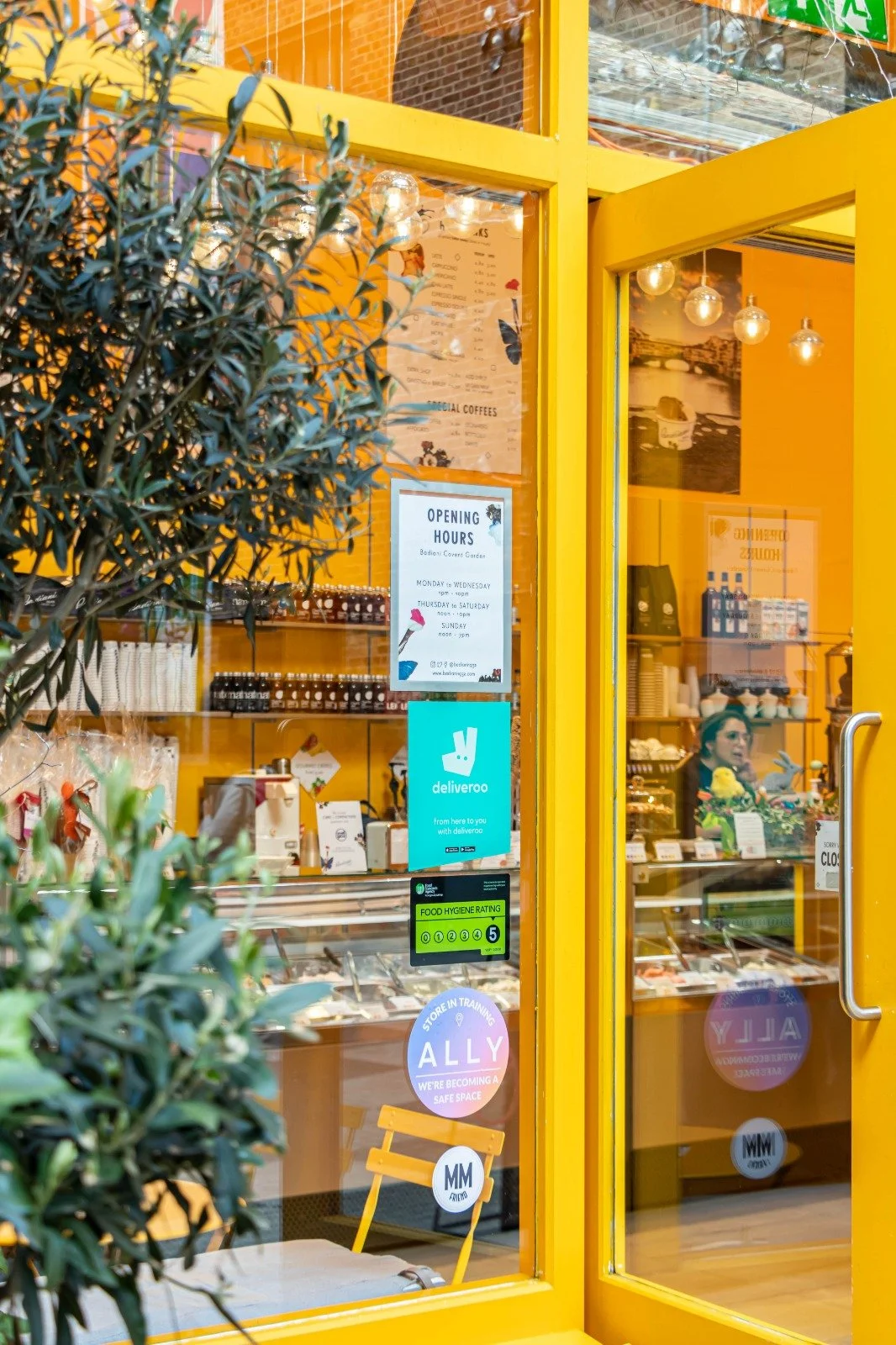
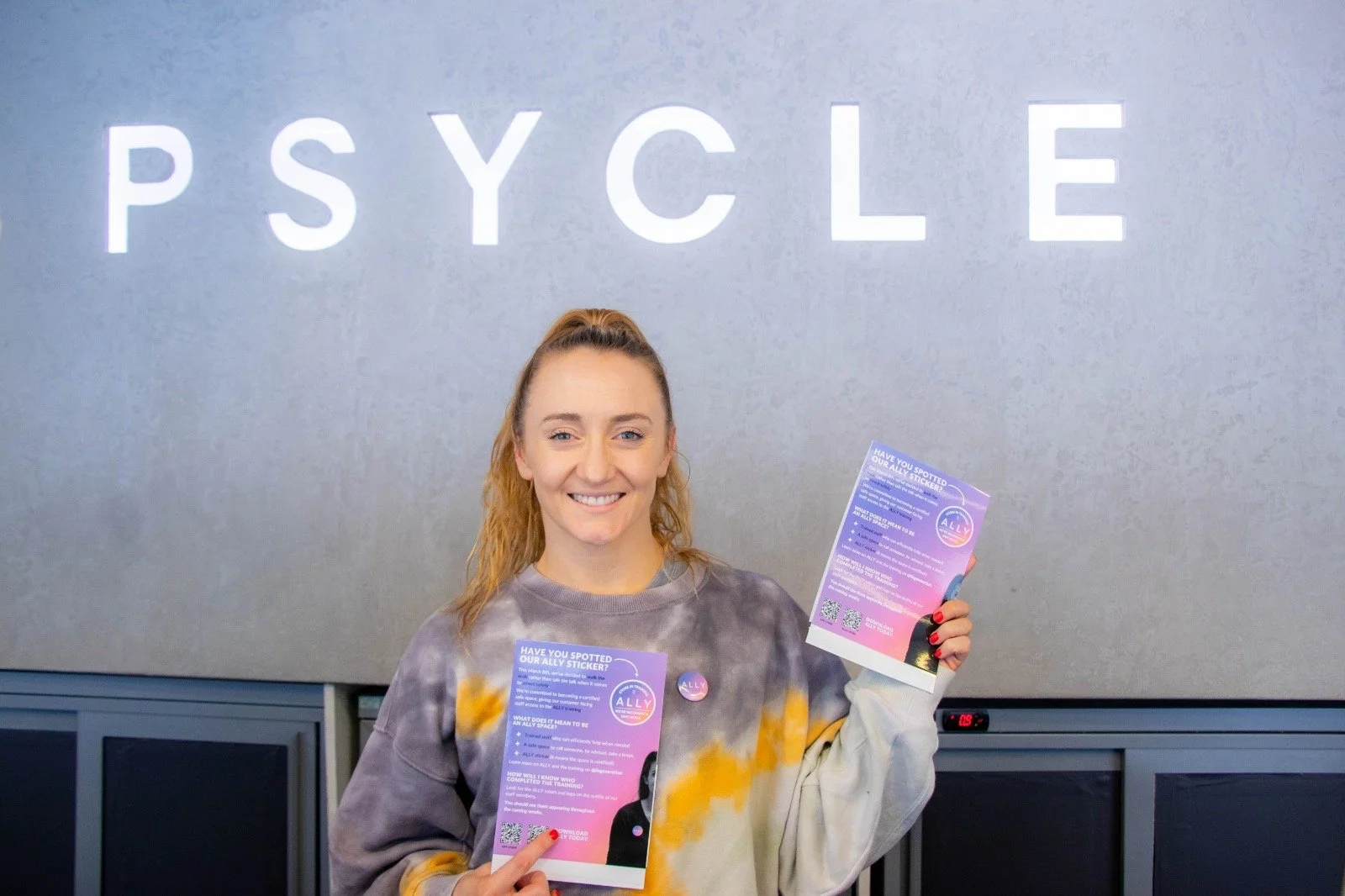
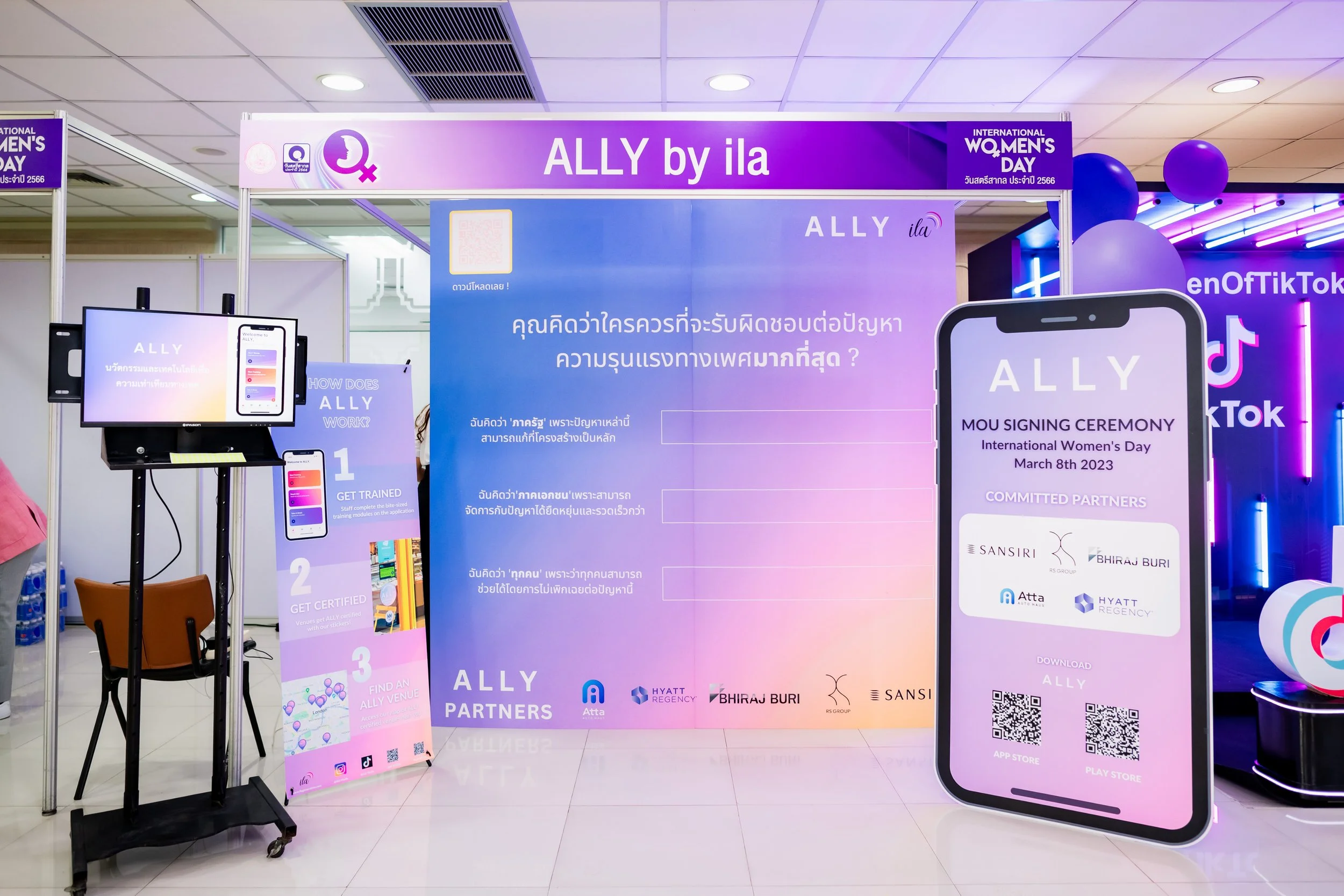


Lume comes from the latin word lumen which means “light” and “clarity”.
After a decade in the impact space, I’ve learned that while good intentions are important, systemic change requires more.
The most impactful social innovations share 3 key elements:
A data-driven strategy
A strong organisational culture
Clear evaluation checkpoints to support iteration from day one
That’s what Lume is about: making sure founders and teams have the clarity and creativity they need to grow their impact sustainably.
What is “impact”?
“Impact” takes a long term approach to social and environmental work, aiming for measurable results that contribute to broader societal goals over time.
It relies on two key principles:
1) A systemic approach to social issues that informs strategy and justifies actions
2) A preference for human-centered design, drawing insights directly from those most affected by the issues we work on.
As such it is reflected in Environmental, Social and Governance (ESG) goals and Corporate Social Responsibility (CSR) regulations such as
Social Value in the UK or CSRD in Europe but it goes way beyond compliance constraints.
At a time where global markets are shaken by deep social, economic and political shifts, Impact highlights the necessity to put business longevity at the centre of every conversation. It’s about questioning both product-market fit and resources availability over time to anticipate new needs and challenges.
My Approach
-
I’m here to challenge you and to be ambitious with you.
Combining academic rigour with entrepreneurial know-how, I help unlock your team’s creativity and drive operational excellence. -
Success is 90% about people.
Great offerings come from reliable insights from your target groups.
I help you align with your stakeholders’ needs, strengths, and motivations. -
Impact is not about idealism, nor does it happen overnight. It’s built through consistent and realistic steps. It’s careful strategic planning paired with organisational intelligence and - most importantly - it happens when matching your priorities, capacities, and challenges.
Building custom teams for each project: meet my collaborators

We live by what we preach.
To learn more about our values and working standards, have a look at our Code of Conduct.

